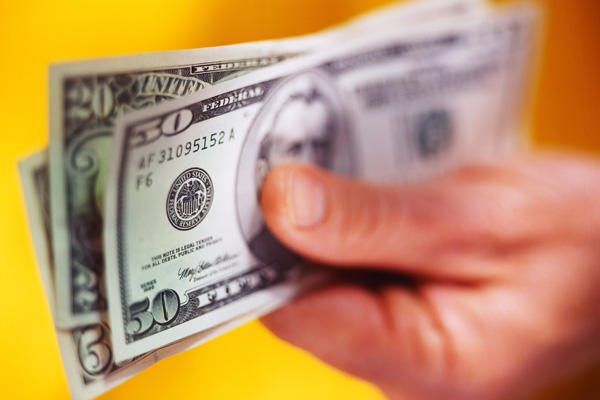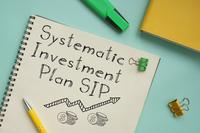We live in a credit society, but cash can help you save your finances. From personal experience I know that going cash-only with your expenses makes quite a big difference on your budget.
Earlier this week, I decided to take out the rest of the month's expenses in cash and live entirely on that amount. My stash of cash includes everything: transportation, groceries, eating out, and anything else I might need during these two weeks.
Here's what I learned so far about going all out with cash. While it takes discipline, it is certainly a lot less painful than wincing at the credit card bill when it comes due.
Credit: The Trap of Easy Money
Why go cash-only? According to Cornell economics Professor Robert Frank, studies have shown that people spend more when paying with a credit card. McDonald's saw their average per-person purchase go from $4.50 to $7.00 when they added credit card machines – a big jump in the amount of money being spent.
Psychologically, people just don't think of credit cards as being "real" money. While credit cards are convenient, particularly for large purchases, credit allows you to delay accountability for your spending. To paraphrase Popeye, we're enjoying our purchases today and paying for it next Tuesday. When accountability is something that will happen in the future, it's hard to think through how building up extra credit card debt will affect you now.
Cash: You Can't Spend It If You Don't Have It
Living entirely in cash has been an eye-opening experience. Although I do give myself a cash allowance, it was very easy to swipe the card for necessary expenses such as groceries, and even easier to swipe the card for unnecessary expenses such as a beautiful dress on sale.
When you only have cash on hand, you're spending exactly what you have. The physical act of handing over cold hard cash forces people to think over their purchase. Do you really need it, or do you just want it? If the latter, parting with your cash reminds you that this is an impulse buy. Once you hand it over, it's not coming back.
Discipline is Key: How to Create a Cash-Only Plan
Before going cash-only, look over your expenses and think about what would make sense for you and your family. Understanding your budget is key to determining what kind of expenses would lend themselves well to a cash-only system. For instance, it works well for everyday expenses, but large purchases such as plane tickets pose a particular challenge.
Think about how you want to define "cash-only." Does it include checks and debit cards? For some, it may; for others, a debit card feels much the same as a credit card, even if the money leaves your account directly. You may also want to mix it up. Many people pay off all of their bills at the beginning of the month, freeing up their money for their everyday expenses.
One practical way of working with a cash-only plan is through the art of budgeting with envelopes, where you place your cash into envelopes designated for specific categories. When you need to pay for your expenses, bring the envelope with you. Once you run out, that's it.
Is It For You?
It's easier to go cash-only when you're only accountable for yourself, as I am. My expenses are fairly low compared to an entire family's. However, going to a cash-only system can serve as a teachable moment for families to understand the value of money, together.
Going completely cash-only for a long period of time can also hurt your credit score. A few years ago, when I was living abroad in a cash-only society, I stopped using my American credit card. My credit card was shut down for inactivity, and my credit score did take a hit. Luckily, my credit score was high enough to withstand the drop, but you'll want to take that into consideration before turning completely to cash.
However, if you're someone who needs to take control of spending, the benefits of going to a cash system will probably outweigh any potential impact to your credit. The average person saves 20 percent when switching over to cash, and that's just in the reduced spending. When you take into account the sum of interest you might save on your credit card or student loan it's even better. That kind of return of investment is a powerful incentive to make such a plan work for you.













